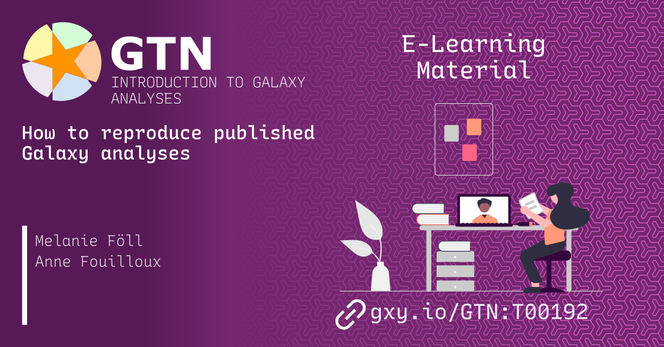This release introduces UI enhancements, performance improvements, and additional features.
Check out what’s new: https://docs.galaxyproject.org/en/master/releases/25.0_announce_user.html
| Try it Out | https://galaxyproject.org/use/ |
| Server Status | https://status.galaxyproject.org |
| Support Forum | https://help.galaxyproject.org |
| Home | https://galaxyproject.org/ |
Dividing the sky images in regions that include individual astronomical objects.
https://galaxyproject.org/news/2025-06-11-voronoi-astronomy/
🤖 You don’t need to code in Python to run machine learning analyses.
Galaxy includes a full suite of ML tools, from classification to clustering to cross-validation, all in your browser.
Use real datasets. Build real models. Share your work.
Explore machine learning tools on usegalaxy.org
Keeping track of your analyses just got easier!
Galaxy now integrates with RSpace, allowing you to send datasets and histories directly to your electronic lab notebook. No more jumping between tools or losing track of results.
Learn more: https://galaxyproject.org/news/2025-06-23-rspace-integration/
🚀 Big news for the Galaxy and FAIR data communities!
RO-Crate 1.2 has been released! This update brings enhanced support for life science workflows, including Galaxy, and improves how we package, share, and reuse research data.
Learn more about what's new and how Galaxy supports RO-Crate:
https://galaxyproject.org/news/2025-06-04-ro-crate-1-2-release/
📷 susanelliott https://www.inaturalist.org/observations/173084690
🎓 Teaching bioinformatics next semester?
Galaxy’s Learning Pathways offer ready-to-use project ideas perfect for the classroom or student-led research.
Step-by-step tutorials ✅
Real-world datasets ✅
No installation needed ✅
📚Explore Learning Pathways: https://training.galaxyproject.org/training-material/learning-pathways/
Reproducibility made easy!
Galaxy automatically tracks every tool, parameter, and step, so you (and others!) can reproduce analyses with confidence.
Explore this tutorial on reproducing published Galaxy analyses, from understanding histories to sharing workflows.

Galaxy is a scientific workflow, data integration, and data and analysis persistence and publishing platform that aims to make computational biology accessible to research scientists that do not have computer programming experience.